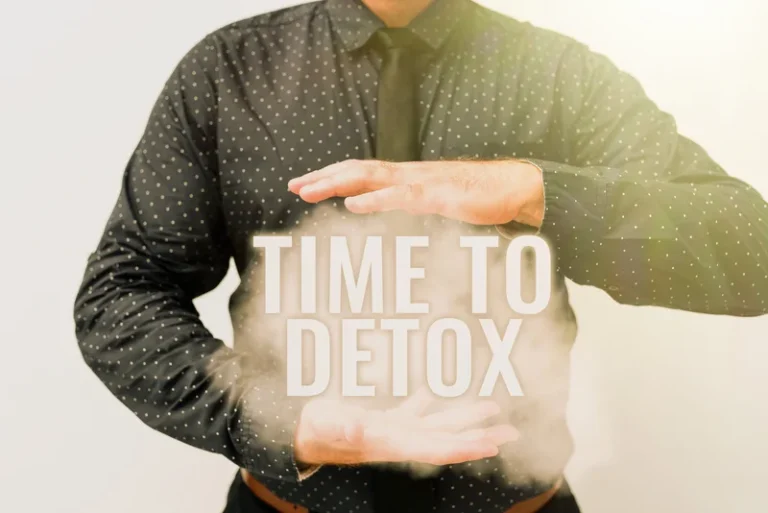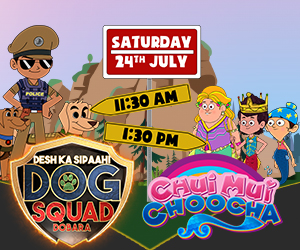
This article discusses how alcohol can impact diabetes and related conditions and offers tips https://ecosoberhouse.com/article/heroin-addiction-treatment-full-recovery-is-possible/ for safe drinking. There are many different types of drugs that can work in different ways to lower your blood glucose (blood sugar). With all the focus on carbs, it’s easy to forget that alcohol also has calories.
Can people with diabetes drink alcohol?
Timing may also be an issue, as hypoglycemia can strike hours after your last drink, especially if you’ve been exercising. diabetes and alcohol Here’s what you need to know about drinking and how to do it safely. Baseline characteristics (2002) of participants in the SPHC cohort according to alcohol consumption. Not all treatments or services described are covered benefits for Kaiser Permanente members or offered as services by Kaiser Permanente. For a list of covered benefits, please refer to your Evidence of Coverage or Summary Plan Description. For recommended treatments, please consult with your health care provider.
USDA National Nutrient Database UCSF Medical Center 7/05
- The main function of your liver is to store glycogen, which is the stored form of glucose, so that you will have a source of glucose when you haven’t eaten.
- If someone chooses to consume alcohol, they should have food with it and keep a close watch on their blood sugar.
- This is particularly important for people with diabetes to recognize.
- Alcohol dependent subjects were found to have decreased plasma BDNF levels and impaired insulin resistance, which is a major pathogenic feature of T2DM.
- The Centers for Disease Control and Prevention (CDC) and other federal agencies define that as one drink per day or less for women and two drinks per day or less for men.
Most importantly, if individuals wish to engage in moderate drinking, they should first discuss it with their doctor. The below information can help someone adhere to the one-drink-per-day limit for females and the two-drinks-per-day limit for males. The bottom line is that any person with diabetes who wishes to consume alcohol should first discuss it with a doctor. According to the National Diabetes Statistics Report 2020, 34.2 million people in the United States had diabetes in 2018. The percentage of the population with diabetes increases according to age, reaching 26.8% in adults aged 65 and older. According to the Centers for Disease Control and Prevention (CDC), one standard drink in the United States is equal to 14 grams (g) (0.6 ounces oz) of pure alcohol.

Alcohol and Carbohydrates
An occasional social drink is usually harmless for people with diabetes. But if you do have diabetes, drinking safely involves more planning. Understand how your medications work and how alcohol can affect them. Make sure you are drinking with food and that you can check your blood sugar levels before, during, and after drinking and eating. As noted above, the studies on glucose tolerance and insulin resistance in alcoholism focused on the impact of chronic heavy use of alcohol on the development of T2DM. Accordingly, deterioration in glucose homeostasis and insulin secretion in alcohol dependence may not only represent a consequence of T2DM, but also plays an important role in its cause, as well as its treatment.

It has also been suggested that moderate drinkers have beneficial life circumstances compared to non-drinkers that has not been adequately taken into account. Increased attention is being paid to socioeconomic and psychosocial factors such as, for example, education, occupational position, employment status, marital status and social relationships 8,14,15. Moreover, psychosocial factors as risks or buffers in the aetiology of type 2 diabetes also seem important 17,18. While studies have shown that non-drinkers have less favourable psychosocial characteristics compared to moderate drinkers 15, the role of psychosocial factors in the alcohol–diabetes association has not yet been examined.

Hypoglycemia Unawareness

On the other hand, if you have lots of food and then drink too much, your blood sugar can get too high. Alcohol can cause flushing, nausea, increased heart rate, and slurred speech. These symptoms can be confused with or mask the symptoms of low blood sugar. This can make it difficult to tell if you’ve had too much to drink or if your blood sugar is dropping to dangerously low levels. This is because the liver has to work to remove the alcohol from the blood instead of managing blood sugar levels. Alcohol consumption can also lead to situational unawareness of low blood sugar levels.



